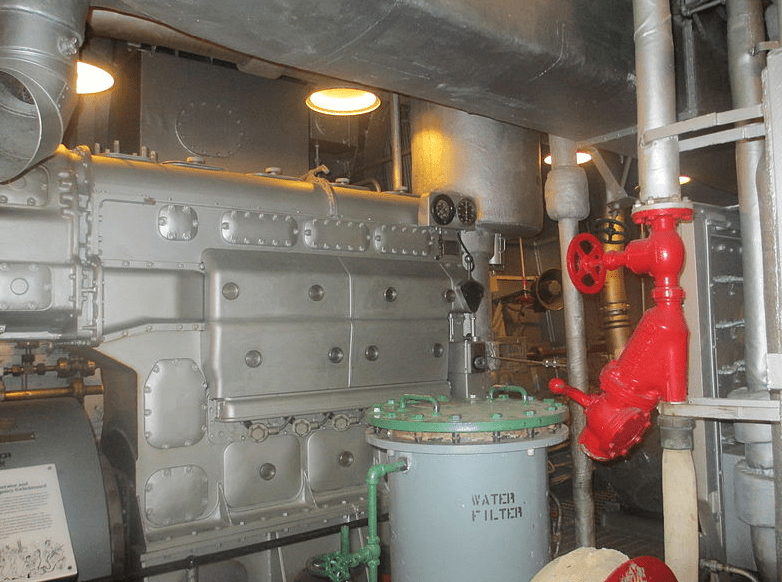Making sure your industrial facility can run effectively may depend on the water quality in that facility. Installing an industrial water filtration system in your business will ensure that the water you consume is always free of contaminants. Most pollutants present in water may be removed fast and efficiently by water filtration systems, allowing the water to be cleaned.
Some of the businesses that use these systems are the plastics and oil/gas sectors, medical and chemical industries, and paper manufacture. Water filters in Gold Coast can remove pollutants, but industrial systems are built to be used on a much bigger scale, and that is common in Gold Coast since most of their water comes from Lake Baroon, which requires filtration on large scales. Thus they should be able to handle most industrial buildings.
Types of Water Filtration Methods
Automatic self-cleaning filters
This method traps the particles until the system’s pressure increases, and then a valve opens to get rid of the impurities. Automatic self-cleaning filters. Because of their versatility and ability to offer you a constant flow, these filters are excellent choices.
UV filtration
This water filtering technique utilises UV rays to break the source of pollutants in the water, which implies that these bacteria will ultimately die. In contrast, the water is free of toxins—ultraviolet purification. An ecologically safe and simple-to-manage water filtering system, this one uses activated carbon.
Bag Filter
A bag filter is an industrial filter that functions similarly to a coffee filter, trapping any particles in the water it passes through. Bag filters should be used when the flow rate is relatively rapid.
Reverse Osmosis
It uses reverse osmosis, which necessitates the utilisation of a partially permeable membrane to filter the water. The pollutants may be removed from water using these industrial-strength filtering systems.
Media Filters
Filters with media are made up of multiple layers of various materials that let water flow through. This method traps prominent pollutants, resulting in contaminant-free water at the end of the day.
Separators
With separators, you don’t have to worry about moving components or screens wearing out or needing maintenance. To make use of this system, open the valves on occasion to clear the system of pollutants.
Coolant Filtration Solutions
They are mainly intended to reduce the cost of coolant by removing any solids from the coolant solution. An efficient coolant filtering system requires relatively minimal upkeep.
Which Filtration Method should you choose?
Several things should be considered when looking to buy a system. For example, knowing how each system works is critical because it will help you decide whether or not the system you choose will work effectively in your plant. Remember that different systems may remove specific kinds and quantities of pollutants. It’s critical that the system you select can remove calcium deposits if that’s all you care about removing.
You’ll need a more sophisticated filtering system if your water use is minimal. An industrial water filtration system is most likely the best option for your company if you need to filter a lot of water per day. Consider your budget before deciding on the system you’ll be using before making a final decision. Water filters in Gold Coast are available for people with all kinds of budgets to help you choose according to your comfort. It’s reasonably cheap and doesn’t need a lot of particular setup or infrastructure.
Benefits of Water Filtration Systems
- Having less exposure to potentially harmful substances
- Reduced equipment upkeep costs
- Reduced effluent expenses
- The longer useful life for the item
Because pollutants won’t accumulate on your equipment, it should last a lot longer. While harm caused by contaminant accumulation may be repaired, the damage isn’t permanent if you take measures to avoid it in the first place. As a result of the minor damage, the overall maintenance expenses are decreased as well. The less affluent you create by filtering the water that runs through your plant, the better it will be for the environment.
Author: Alison Lurie

